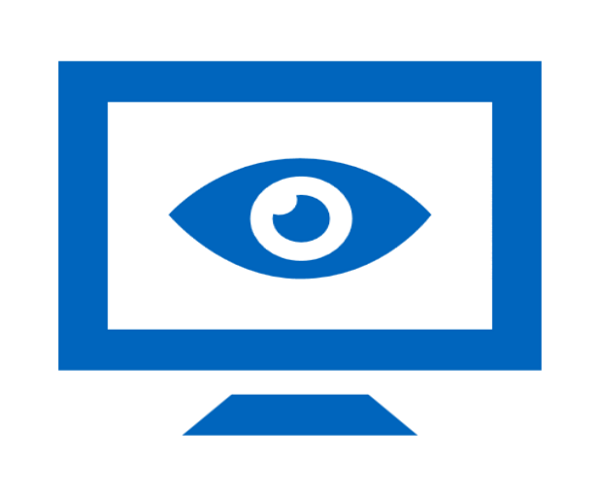6 Vital Reasons You Should Filter Web Traffic Through Your IT Network

Broadband internet has opened a Pandora's box, both for home users and businesses. The advantages of the internet are obvious but it has also brought a lot of downsides, particularly for businesses, such as distractions which decrease productivity and increasing the risk of data leakage.
When employees have unfiltered and unmonitored access to the internet, then there's a good chance that they'll be using it to access social media and other types of websites that have little or nothing to do with work.
With this in mind, below are 6 vital reasons you should filter web traffic through your IT network.
1. Increase productivity
There's no doubt that the internet is one of the biggest disruptors of productivity in the workplace. Social media sites, such as Facebook, Twitter and YouTube are particularly bad for distracting employees but there's also gaming, shopping and general browsing. By filtering web traffic you're able to limit or block access to these websites and others like them and in return increase productivity in your business.
2. Protect your brand
Another key reason to filter web traffic in your business is to help protect your brand. If you have a lot of employees working in your business then there's always the chance that they could be posting things on social media that are inappropriate or less than flattering about the company.
It might not even be that an employee is posting anything directly negative about the company but something that reflects badly on them and therefore the company too. By filtering web traffic, you can cut down this risk significantly.
3. Protect your data
In order to properly protect your data, you must have a combination of protocols and the right technology in place. While encrypting and storing company data securely is always recommended, there is still the risk of employees leaking the data, either accidentally or deliberately. Filtering web traffic will enable you to carefully monitor what information employees are sharing online and take any necessary action.
4. Prevent access to potentially malicious sites
There are plenty of malicious websites online (including well-used websites that have been hacked to deliver viruses to visitors) that could potentially infect your systems with malware or other forms of harmful software. Having good anti-virus and anti-malware software is certainly an essential way to protect yourself but when you add a further layer to your defences to filter web traffic you can cut the problem off before it can enter your business systems.
5. Monitor employee activity
If you suspect that one or more of your employees are visiting websites that you know to be harmful or you simply want to cut out time-wasting behaviour then being able to monitor the online activity of your employees will enable you to do this very effectively. You'll be able to see what websites they're visiting as well as what information they're sharing about the company.
Generally, access control can be pretty flexible to enable you to be very specific about what, when and who to limit access to.
6. Reduce bandwidth costs
Another very good reason to filter web traffic is to reduce your bandwidth costs. High bandwidth sites like YouTube or streaming sites can very easily increase the amount of bandwidth being used, especially when multiple employees are accessing these types of sites. Web filtering will enable you to monitor whether these sites are accessed and block or limit them as required. You can even put a usage quota in place for each user, device or application (not all services offer this).
How to filter web traffic
If you do want to filter the web traffic at your workplace then you can either have your IT department do this or use a third party service. Such a service should enable a great degree of control; limiting usage by user, website category and website URLS. It must enable you to enforce your web usage policy and to continue to offer a common-sense approach to limiting time wasted on the web or the risks from the darker side of the internet.
If you run a smaller business then it might be better to have a third party take care of web filtering for you. Alternatively you can outsource the task to a remote IT support service.
Grant McGregor offers a number of web filtering solutions. There is an on-premise software solution such as GFI WebMonitor to allow busy IT administrators and IT managers to wrestle back control of the Internet.
Alternatively, we provide a full-managed, outsourced web protection service that requires no software to be installed, just an agent on each user's laptop or PC. Finally, there is also a cloud-based system for IT departments to control themselves.
If you'd like to find out more about web filtering solutions then get in touch and we'll be happy to advise you appropriately.




